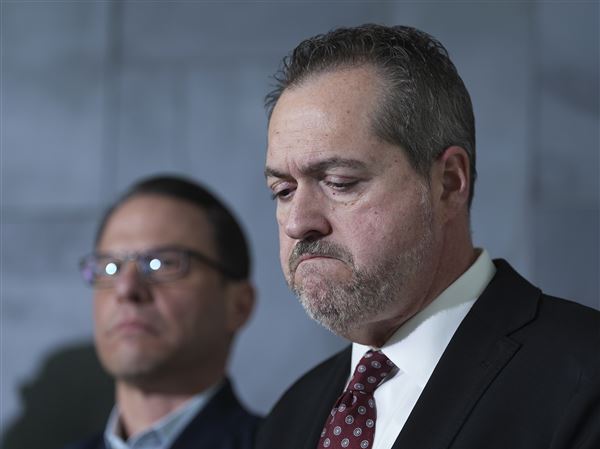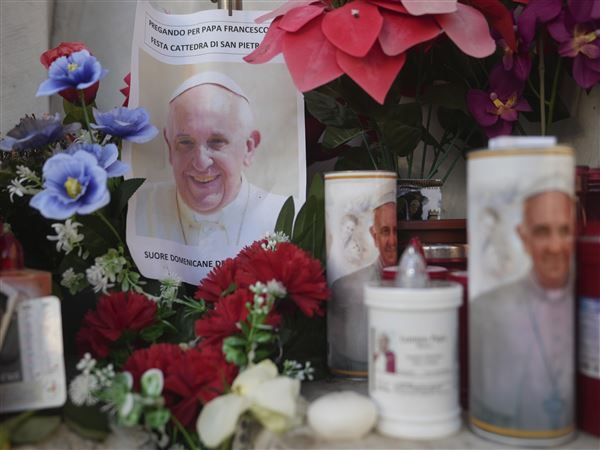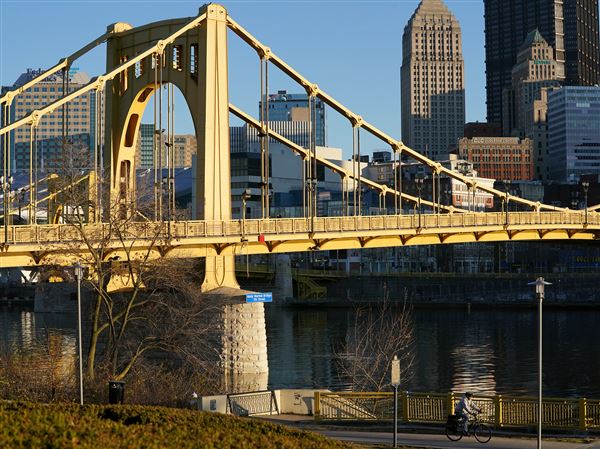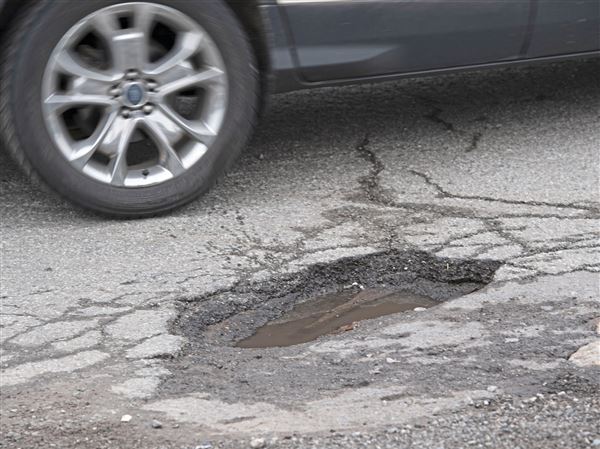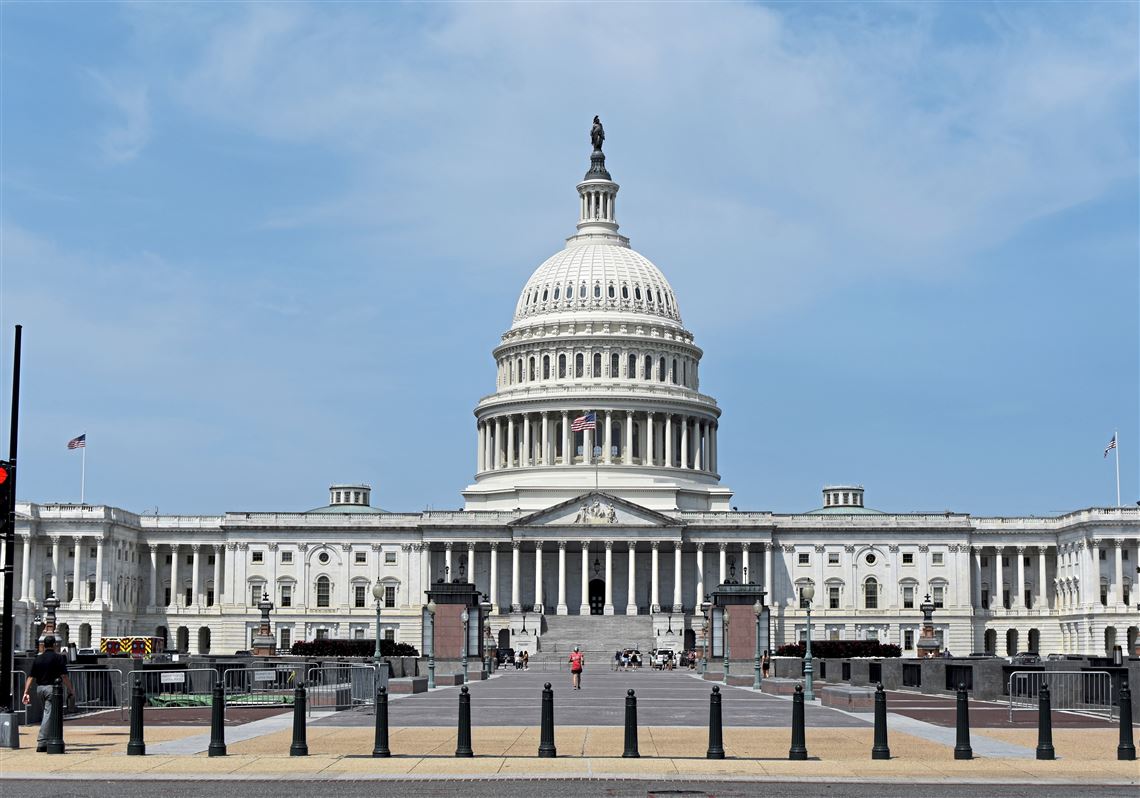WASHINGTON — For months, President Joe Biden and his deputies have been waxing poetic on the promise of bipartisanship, imploring members of Congress to work together on a deal to rebuild the country’s infrastructure for the 21st century.
Mr. Biden got his wish last week. An infrastructure deal that would spend roughly $1.2 trillion over eight years garnered initial support in a procedural vote Friday from 66 senators, including 16 Republicans and all 50 members of the Democratic caucus.
As the Senate prepares to pass that measure early this week, Democrats face a looming fight in the House over what goes in a second, much larger package that includes progressive priorities and will almost certainly fail to win any GOP support.
The debate over the second bill’s contents and the price tag — spending as much as $3.5 trillion on provisions like free community college and universal pre-K, a permanent expansion of the child tax credit, and home and community based services for seniors and people with disabilities — could threaten the passage of the bipartisan bill.
Democrats are trying to keep their caucus together on both measures, working with exceptionally thin majorities in both the House and Senate. Democrats are also trying to keep enough Republicans on board with the bipartisan plan, even as they pursue the partisan bill on a parallel track that GOP lawmakers vehemently oppose.
Both measures are set to collide in the House in coming weeks.
Speaker Nancy Pelosi, D-Calif., has said she will not take up the bipartisan bill before the reconciliation package arrives in the House, which left Washington for a seven-week recess last Friday. That means the House will consider any Senate-passed infrastructure bills in September.
Already, there are grumblings from House Democrats across the spectrum about the Senate’s bipartisan deal.
One criticism is that the Senate, as it moved to advance the physical infrastructure bill, effectively replaced the text of a House-passed surface transportation bill called the Invest in America Act.
That House bill, passed mostly along party lines on July 1, would invest $760 billion over five years into the country’s roads, bridges, rail and public transit projects. It also included nearly $85 million for 20 individual transportation projects throughout the Pittsburgh region, among almost 1,500 earmarks submitted by House lawmakers from both parties.
One key House Democrat — U.S. Rep. Peter DeFazio, D-Ore., chair of the House Transportation and Infrastructure Committee — has asserted that his chamber will not serve as a rubber-stamp for what the Senate sends over.
On July 20, Mr. DeFazio wrote a letter, signed by 30 other Democrats on his committee, that highlighted major differences between the Invest Act and transportation proposals recently advanced in the Senate, which call for significantly less funding.
“Many of these critical reforms are not included or have not been fully addressed through the Senate bipartisan infrastructure process,” the letter stated. “We should reject any effort to categorically exclude the thorough, transparent, and transformational process undertaken by the House.”
Last week, Mr. DeFazio told reporters the Senate agreement “looks anemic at best on climate change” and added “there’s a lot of spin coming out of the White House.”
U.S. Rep. Pramila Jayapal, D-Wash., chair of the Congressional Progressive Caucus, said the “small and narrow” bipartisan bill “does not have a path forward” in the House unless paired with the second package. Progressive votes for the bipartisan bill “are not guaranteed” until the Senate sends over the Democrats-only bill with “our priorities sufficiently funded.”
U.S. Rep. Mike Doyle, D-Forest Hills, expressed some conditional support for the bipartisan plan. Speaking virtually at an event to promote clean transit in Pittsburgh last Thursday, Mr. Doyle acknowledged the Senate agreement is “not as ambitious as some had hoped.”
But “it is still the largest investment in infrastructure in over a decade,” including $39 billion in additional funding for public transit, $5 billion for low-emission or zero-emission buses, and $7.5 billion for electric vehicle charging stations — more than the $4 billion for EV chargers the House passed last month.
In an interview shortly after that event, Mr. Doyle said the House could pursue changes to the bipartisan bill or the Democrats-only bill.
“We understand that it’s not going to look exactly the way we want it to look, so I think we’re prepared for that reality,” Mr. Doyle said. “But, again, I think a lot of it depends on what that final product looks like, and, until we see it, it’s really hard to judge what we’re going to do.”
“We’re not going to do one until they’re both here,” he said, of the two bills. “I support the speaker’s approach.”
U.S. Rep. Conor Lamb, D-Mt. Lebanon, a member of the House Transportation and Infrastructure Committee, has said he prefers to advance the bipartisan deal first and then bring up the reconciliation bill, as a way to keep all the factions together.
Mr. Lamb did not sign Mr. DeFazio’s letter that highlighted the perceived shortcomings of the Senate bill.
“The whole thing is kind of a high-wire act,” Mr. Lamb said in an interview last month. “Nobody’s walked away — from the far left, from the center, from the right.”
Mr. Lamb, who is reportedly set this Friday to announce a run for Pennsylvania’s U.S. Senate seat in 2022, did not answer multiple attempts to reach him through phone calls and visits to his office last week.
A narrow window
House Democrats are confronting political realities.
In the Senate, Democrats need 10 Republicans to join them in supporting the bipartisan plan. Any changes the House makes would have to be approved by the Senate.
In the House, Democrats can afford to lose only 4 Democratic votes, if every Republican votes against either bill.
The deal, coming after months of negotiations, was heavily dependent on the agreement holding its current form. Republicans could conceivably pull out, for example, if just a percentage point of a funding split is changed.
A Senate GOP aide said last week it was unlikely the bill could survive a conference committee, where the House and Senate negotiators would hammer out a compromise deal.
The Senate appears to have the 50 votes necessary to open debate on the Democrats-only bill this week, though some moderate Democrats have said they don’t support the full $3.5 trillion cost.
“We definitely have 50 votes for that,” U.S. Sen. Bob Casey, D-Pa., said in an interview last week. “Questions about: Will you support this dollar amount or this component part of it or this dollar amount for one of the components — that all is down the road.”
Mr. Casey urged Democrats to recognize the “gravity of this moment,” with control of the House, Senate and White House.
“This window, so to speak, may not open again for a very long time, and we’ve got to take full advantage of what we’re about to do.”
Daniel Moore: dmoore@post-gazette.com, Twitter @PGdanielmoore
First Published: August 1, 2021, 4:00 a.m.
